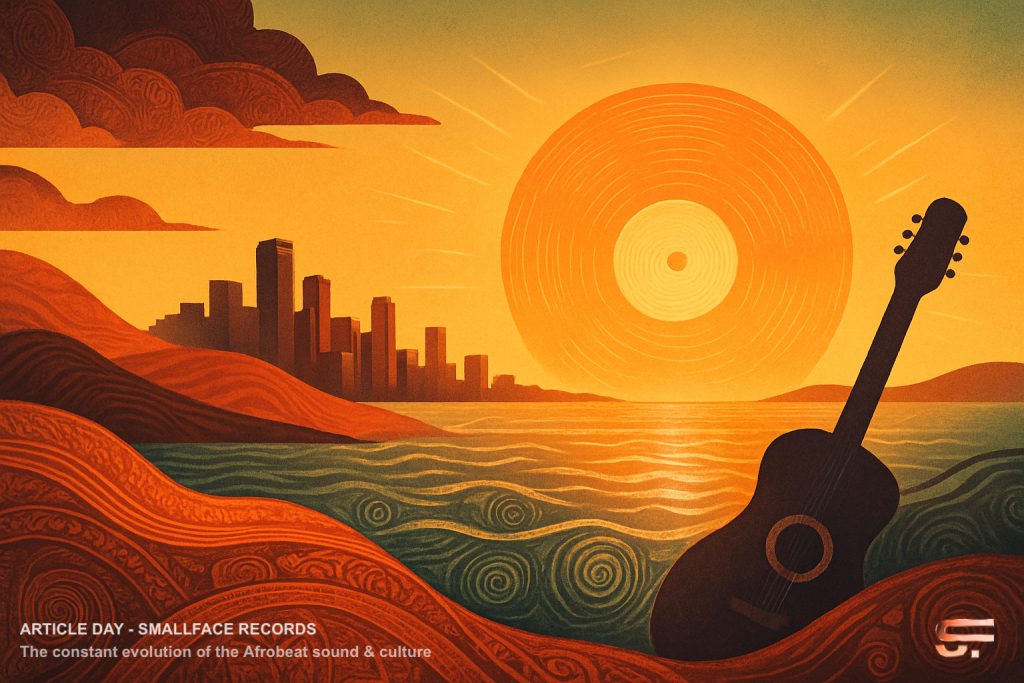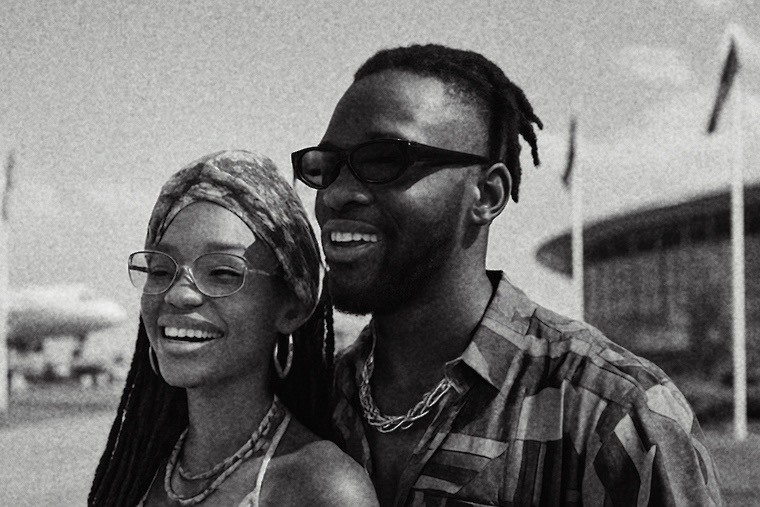Over the past three years, Afrobeat has proven itself to be one of the most dynamic and adaptable genres in the global music scene. While its roots remain firmly planted in West African rhythms and storytelling, the sound has continuously morphed — drawing influence from Amapiano, Dancehall, Three Step, Reggae, Eastern Bounce, Highlife, and more. Each wave brings a fresh sonic identity that seems to dominate the airwaves for a few months before the cycle begins again.
In many ways, Afrobeat has become a living organism — quick to adapt, quick to experiment. A style may reign for three or four months, sometimes even less, before the scene shifts. In recent times, some changes have felt as rapid as every six weeks, as producers and artists push boundaries to capture a constantly moving audience. These shifts are not just in sound but also in culture — influencing fashion, music video aesthetics, and live performances.

The pace of change means that to remain relevant, artists must evolve just as fast. Afrobeat’s leading figures, both established and emerging, have mastered the art of reinvention. This reinvention doesn’t mean abandoning identity; it means expanding it — incorporating new instruments, experimenting with tempo, embracing hybrid genres, and updating visual and performance styles to match the energy of the moment.
SmallFace Records has embraced this philosophy of evolution through its flagship artist, Deraa. Starting with the Temple Boy EP in 2022, Deraa introduced a distinctive voice and style. That same year, he followed with Deraa’s Diary, an album that hinted at his versatility. His singles — Fuming, Kundalini, Who Can Do It, Another Life, Syrup, General Overseer, and Level Up — showcase a willingness to explore different sonic territories, from high-energy club-ready beats to introspective, melodic storytelling.

This adaptive spirit mirrors the broader Afrobeat movement. Each release becomes not just a song but a cultural marker — reflecting the latest wave while pushing towards the next. By blending familiar Afrobeat foundations with evolving global and local influences, Deraa stands as an example of how to thrive in this fast-changing landscape.
Ultimately, the Afrobeat sound’s constant evolution is a sign of its vitality. Genres that stand still risk fading out; genres that move stay alive. Afrobeat is not just moving — it’s sprinting, dancing, and reshaping itself at a pace that challenges both artists and audiences to keep up. And those who can evolve with it will define its future.

